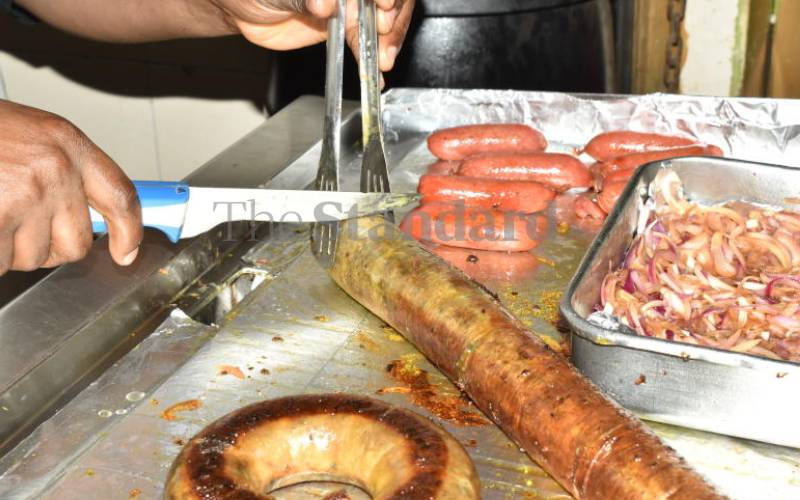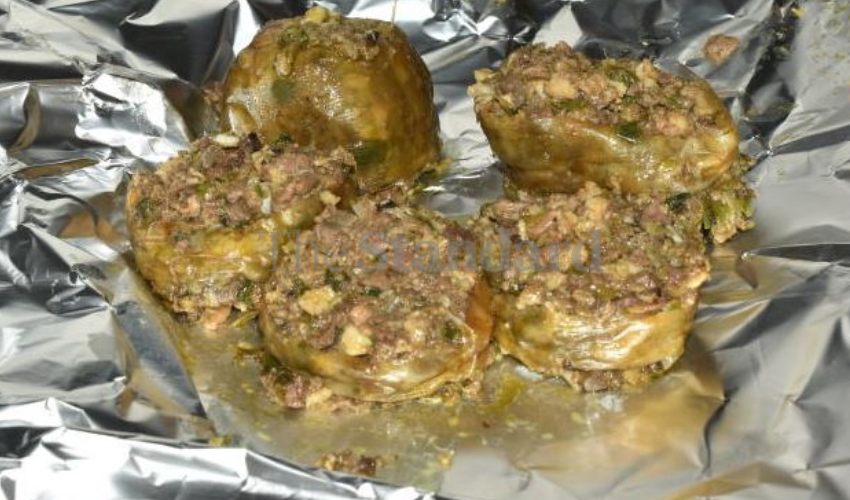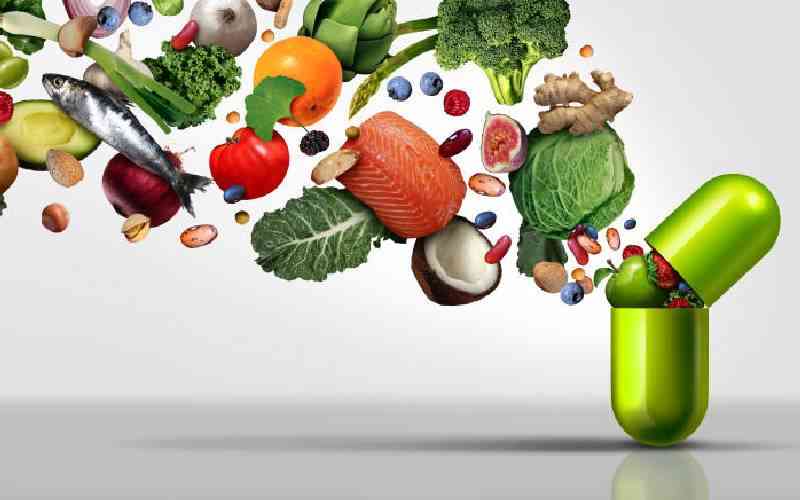
Kenyans love tripe (matumbo) and mutura (stuffed innards). They are cheap, easily available. Prepared well, they are tasty. Mutura is a beloved delicacy sold by the roadside and mostly at night.
When the ‘month is at the corner’, Covid-ravaged Kenyans also prefer ordering matumbo with ugali and sukuma wiki. A plate goes for less than Sh100, depending on whether the eatery is East or West of Uhuru Highway in Nairobi.
Mutura goes for between Sh10 and Sh50, also depending on location. It is best eaten on slices atop a greasy piece of wood next to the wire mesh emanating billows of smoke.
But does matumbo, which appears like ‘meat without self-esteem’ have any nutritional value?
Dieticians and nutritionists reckon that matumbo and mutura are not among foodstuffs with the lowest nutritional value, contrary to popular perceptions.
Instead, the foods with the least value are the most consumed by Kenyans. They include bread, sugary drinks, pizza, chips, ice cream, processed and packaged foods sold in supermarkets
Walter Ogada of Biser Nutrition and Health Consultancy told Health & Science that though matumbo is considered low class, it is nutritious ‘white meat’ with less risk like red meat, which causes gout.
“It is rich in proteins/amino acids, which are needed in building muscles. Matumbo also regulates and boosts immune system, which is important in relieving viruses and bacteria from the body,” offers Mr Ogada.

Joel Amenya displays matumbo at his Kisii Municipal Market butchery. [Sammy Omingo, Standard]
He, however, warns that matumbo has its downside as it “tends to have high levels of triglycerides. These are types of fats stored in the body and which go to the heart rather than to the body for utilisation. They increase obesity and hypertension.”
In nutritional values, Ogada recommends mutton as “it is a lean meat which means less trans fats and healthy to the body.
For Mutura, says Ogada, the biggest worry is in its preparation, from cleaning to reaching the consumer mouthing...“ongeza ya mbao.” (add one worth 20 shillings).
Contains bacteria Ogada cautions that mutura might contain campylobacter and salmonella bacteria, which leads to abdominal pains, diarrhea, fever, and vomiting.
Steve Waluande, a pharmacist, says he recommends matumbo to some patients, as it “can boost their immune systems during the Covid-19 pandemic. It is also rich in zinc, vitamin B6, B12, B3 and it helps in weight loss.”
The vitamin B3 in matumbo also has Niacin or nicotinic acid, an organic compound that helps in fighting arthritis, besides lowering the risk of heart diseases, according to Dr Waluande.
He says mutura is made from livestock intestines and thus has similar nutritional value and benefits as matumbo, except that the mutura, which is full of blood only and without other meats, has very low nutritional value and should not be consumed much.
Kenyans experiencing hard economic times can afford matumbo, considering a kilo goes for between Sh250 and Sh300.

A plate of mutura. Kenyans, especially urbanites, love fast food. [Samson Wire, Standard]
Kenyans, however, and especially urbanites, love fast and processed foods and that bread you have for breakfast is not better than yams or sweet potatoes or cassava, as alternatives.
“Fast foods like fries have a lot of cholesterol that can cause high blood pressure. Pizza has cheese, which is protein, but has high cholesterol,” says Ogada.
“They also have trans fats, the type that collects around the heart, predisposing one to obesity, hypertension and other heart-related diseases.”
Processed and canned foods found in supermarkets, on the other hand, have a lot of salt, chemicals, and preservatives that are not healthy, while bread and sugary drinks have low nutritional value from the added or artificial sugar, sodium, and fats, which is not healthy, says Ogada.
He adds that processed food manufacturers add synthetic vitamins and minerals to replace nutrients lost during processing, and thus have low dietary fibre.
Bread, in particular, is high in carbohydrates, but low in macro-nutrients. Any food that causes sugars to spike in the body are of low nutritional value.
“Highly refined flour used in white bread gets rapidly absorbed as sugar and the problem is similar in sugary drinks,” says Ogada. “These sugars are absolved into the fats, thus aiding in obesity, heart problems, and diabetes.”
 The Standard Group Plc is a multi-media organization with investments in media platforms spanning newspaper print
operations, television, radio broadcasting, digital and online services. The Standard Group is recognized as a
leading multi-media house in Kenya with a key influence in matters of national and international interest.
The Standard Group Plc is a multi-media organization with investments in media platforms spanning newspaper print
operations, television, radio broadcasting, digital and online services. The Standard Group is recognized as a
leading multi-media house in Kenya with a key influence in matters of national and international interest.











